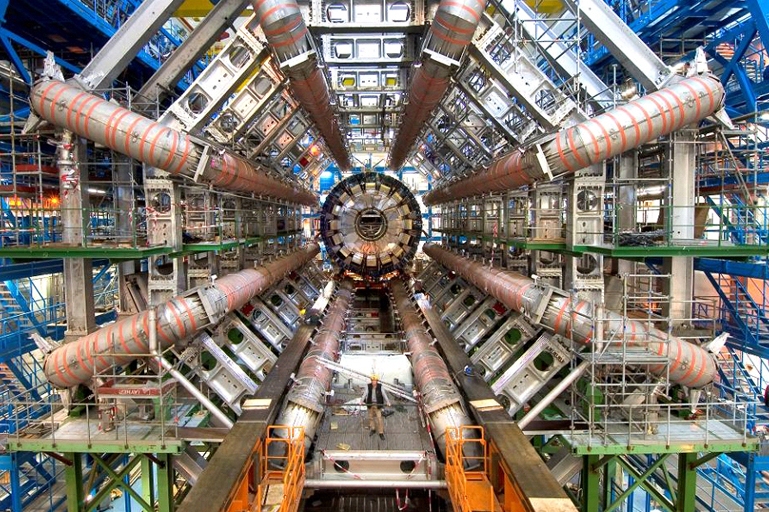LHC to restart in summer of 2009
After being shutdown in mid-September, the world’s largest science experiment will be restarted next year with a new early warning system.


Sign up today and you will receive a free copy of our Future Focus 2025 report - the leading guidance on AI, cybersecurity and other IT challenges as per 700+ senior executives
You are now subscribed
Your newsletter sign-up was successful
The Large Hadron Collider (LHC) at CERN will be switched back on next summer, according to the Geneva-based research organisation.
After kicking off last summer, the particle smashing experiment was shut down following a malfunction in mid-September, after a failure in the electrical connection between two magnets lead to helium escaping into the 27-kilometre underground tunnel, according to a report by CERN.
"The top priority for CERN today is to provide collision data for the experiments as soon as reasonably possible," said CERN Director General Robert Aymar in a statement. "This will be in the summer of 2009."
The delay in restarting the experiment is because 53 of the massive magnet units need to be replaced. That is set to finish by March, but cooling and testing the LHC will take until the end of June.
The engineers are also designing a new early warning protection system for the machine, to prevent a similar failure.
Full details of the repair timetable are available here.
Click here to read how UK technology and systems are supporting the analysis of the data coming from the particle smashing experiment, and click here for photos of the system.
Sign up today and you will receive a free copy of our Future Focus 2025 report - the leading guidance on AI, cybersecurity and other IT challenges as per 700+ senior executives
Freelance journalist Nicole Kobie first started writing for ITPro in 2007, with bylines in New Scientist, Wired, PC Pro and many more.
Nicole the author of a book about the history of technology, The Long History of the Future.


